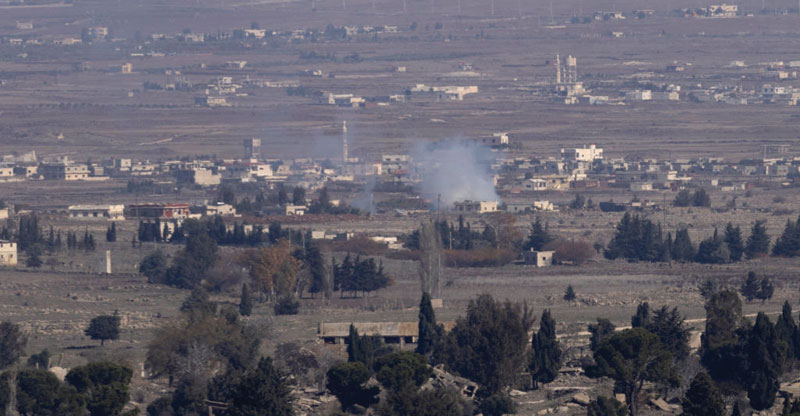The U.S. diplomatic missions in Israel reopened after a daylong closure due to what was deemed a credible al-Qaida threat.
While the U.S. embassy in Tel Aviv, and the consulates in Jerusalem and Haifa reopened on Monday, the State Department issued a statement Sunday extending the closure of several diplomatic missions in the Middle East through Aug. 10 “out of an abundance of caution.”
“This is not an indication of a new threat stream, merely an indication of our commitment to exercise caution and take appropriate steps to protect our employees including local employees and visitors to our facilities,” said the statement issued by State Department spokesman Jen Psaki.
Diplomatic posts in Abu Dhabi, Amman, Cairo, Riyadh, Dhahran, Jeddah, Doha, Dubai, Kuwait, Manama, Muscat, Sanaa, Tripoli, Antananarivo, Bujumbura, Djibouti, Khartoum, Kigali and Port Louis will remain closed this week, according to the statement.
The State Department on Aug. 3 issued a global travel alert for American citizens. The alert warned of possible terror attacks by al-Qaida operatives and affiliated terror groups from Sunday through the end of August.
Senior Obama administration officials met Saturday to discuss the terror threat. The meeting reportedly was led by National Security Advisor Susan Rice, and included Defense Secretary Chuck Hagel; Secretary of State John Kerry; Homeland Security Secretary Janet Napolitano; Director of National Intelligence James Clapper; and CIA director John Brennan.
“There is a significant threat stream, and we’re reacting to it,” Gen. Martin Dempsey, chairman of the Joint Chiefs of Staff, who also reportedly attended the meeting, told ABC on Sunday.
Sen. Saxby Chambliss (R-Ga.), the top Republican on the Senate Intelligence Committee, in an interview Sunday on NBC’s “Meet the Press” said the electronic chatter among terror suspects about a possible attack was “very reminiscent of what we saw pre-9/11.”
“This is the most serious threat that I’ve seen in the last several years,” he said.





















 More news and opinions than at a Shabbat dinner, right in your inbox.
More news and opinions than at a Shabbat dinner, right in your inbox.